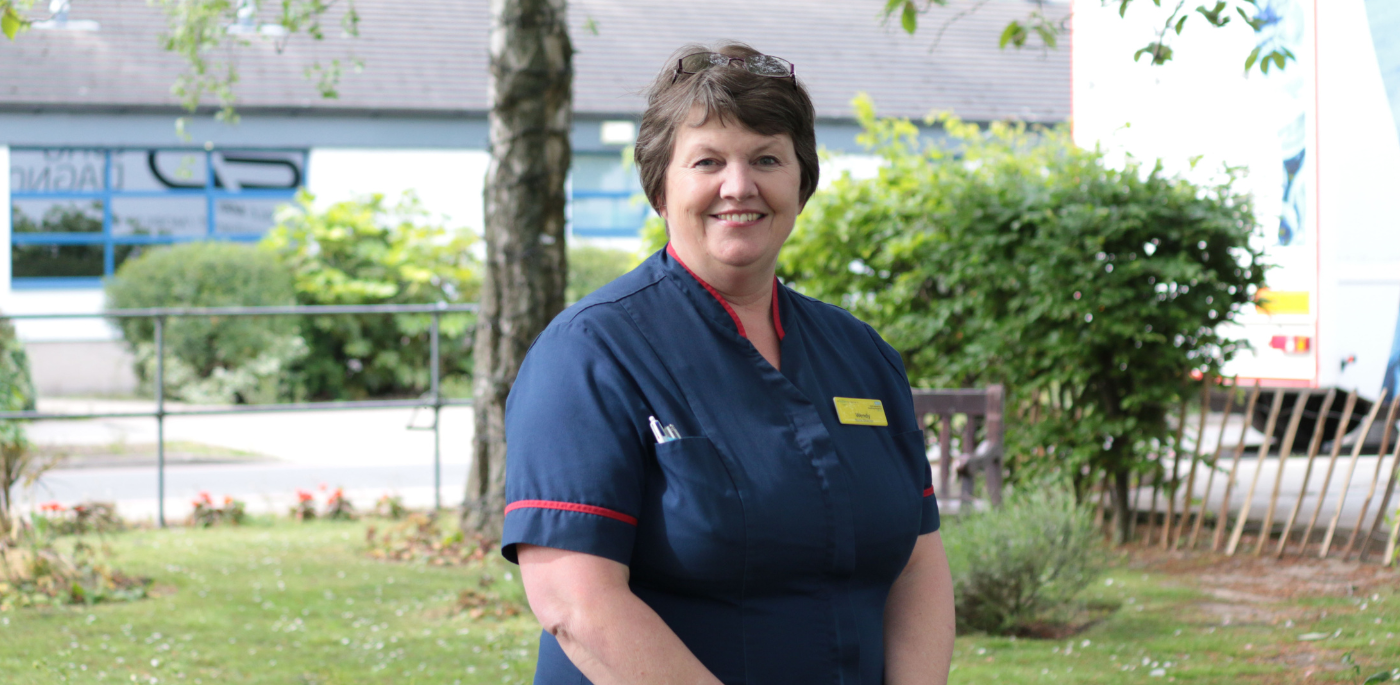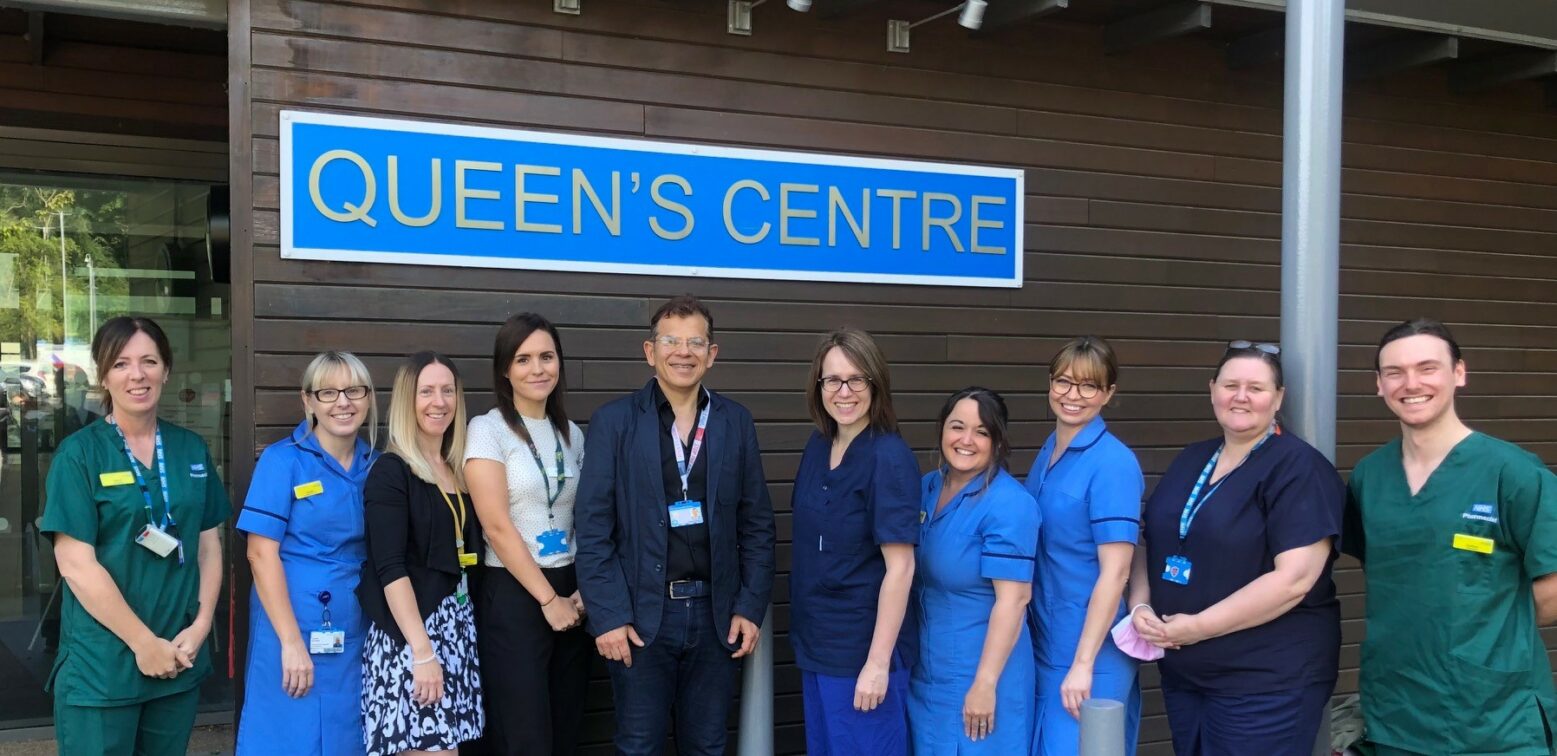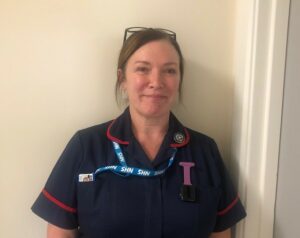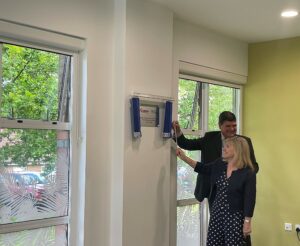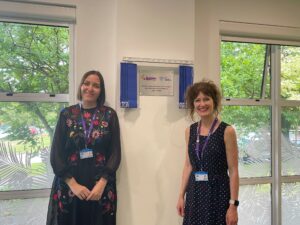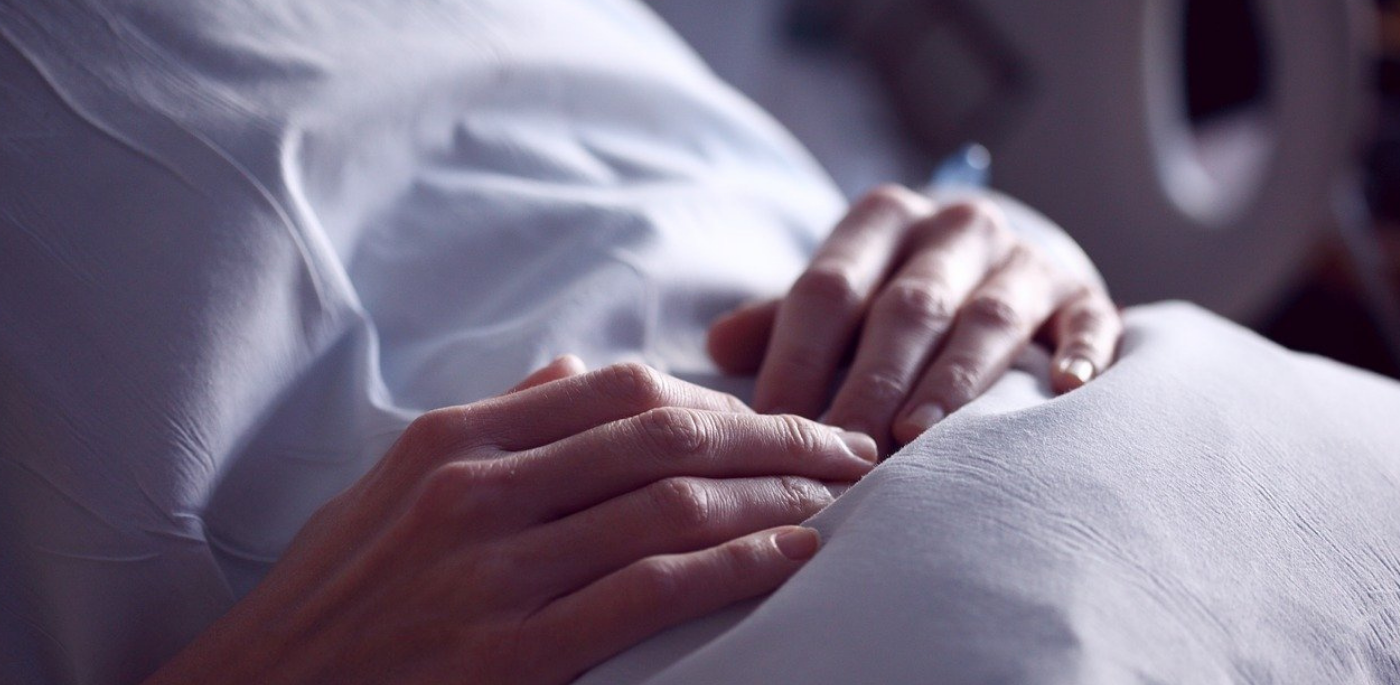A high-tech mobile screening unit, which is helping to save lives through earlier diagnosis of lung cancer and other conditions, has moved to East Hull.
The NHS Targeted Lung Health Check Programme invites past and current smokers aged between 55 and 74 who live in Hull and are registered with a Hull GP to a free lung health check, to identify potential lung problems early so effective and early treatment can be provided.
The unit’s relocation from North Hull to Morrisons supermarket on Holderness Road will see approximately 10,000 people in East Hull invited for a lung health check within their local community.
The NHS Targeted Lung Health Check Programme supports the NHS Long Term Plan ambition of detecting more cancers at an earlier stage when they are easier to treat.
Thousands of people have been invited for a lung health check since the programme launched in Hull in January 2020, with around 10,500 assessments and 7,000 scans carried out during this time. In the small percentage where cancer is detected, many have been found at an earlier stage, which is likely to result in better outcomes for the patient.
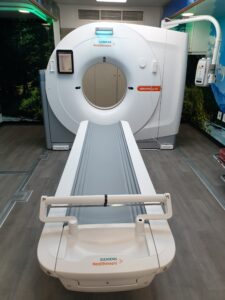
CT scanner on board the mobile screening unit
The lung health check takes place in two stages. The first is an initial phone assessment with a specially trained respiratory nurse. If the assessment finds the person to be at high risk, they will be offered a low dose CT scan of the lungs for further investigation at the mobile unit.
Those eligible for a lung health check in East Hull will receive an invite from their GP over the coming weeks and are strongly urged to take up the offer.
Dr Stuart Baugh, Clinical Director for the NHS Targeted Lung Health Check Programme in Hull, said: “There are often no signs or symptoms of lung cancer at an early stage and as a result seven in 10 patients are diagnosed too late.
“Early intervention can make a huge difference with a CT scan three times more likely to support a diagnosis of cancer at an early stage, often before symptoms occur. It can also spot other lung and chest conditions, meaning that people can get help and support for conditions they may not even have realised they have.”
Dr Kanwal Tariq, Consultant in Chest Medicine at Hull University Teaching Hospitals NHS Trust, said: “Since the screening programme started, people across Hull have shown a real interest in and enthusiasm for lung health checks, and we hope this will be repeated as the mobile unit moves to the east of the city.
“Many participants won’t need to have a scan, just a chat with a friendly lung specialist respiratory nurse which involves discussing any potential risk factors, any current chest problems and then some useful advice on keeping the lungs healthy. If a CT scan is needed, the team will make that as quick and straight forward as possible.”
The first GP practices in East Hull to invite patients to attend screening are East Hull Family Practice, East Park Practice, Laurbel Surgery and Dr Weir – based at Marfleet Primary Healthcare Centre.
Dr Masood Balouch, an East Hull GP, said: “It is very encouraging to see hundreds of people attending for their lung health checks every month. As a local GP, working in the East Hull area for many years, I urge all eligible patients to take up the offer of a lung health check straight away. Please call to book your lung health check when you get your invitation letter through from your practice.
“Early detection of cancer not only allows earlier treatment and support for people, it also helps to improve their long-term health outcomes.”
If you are registered with a GP practice in East Hull and receive a lung health check invite, don’t ignore it – book your appointment today. Contact your GP if you if you think you are experiencing symptoms of lung cancer.
The NHS Lung Health Check Programme will be launching in North Lincolnshire and North East Lincolnshire during early 2023. Find out more about lung health checks in Hull at www.lunghealthcheck.org.uk.

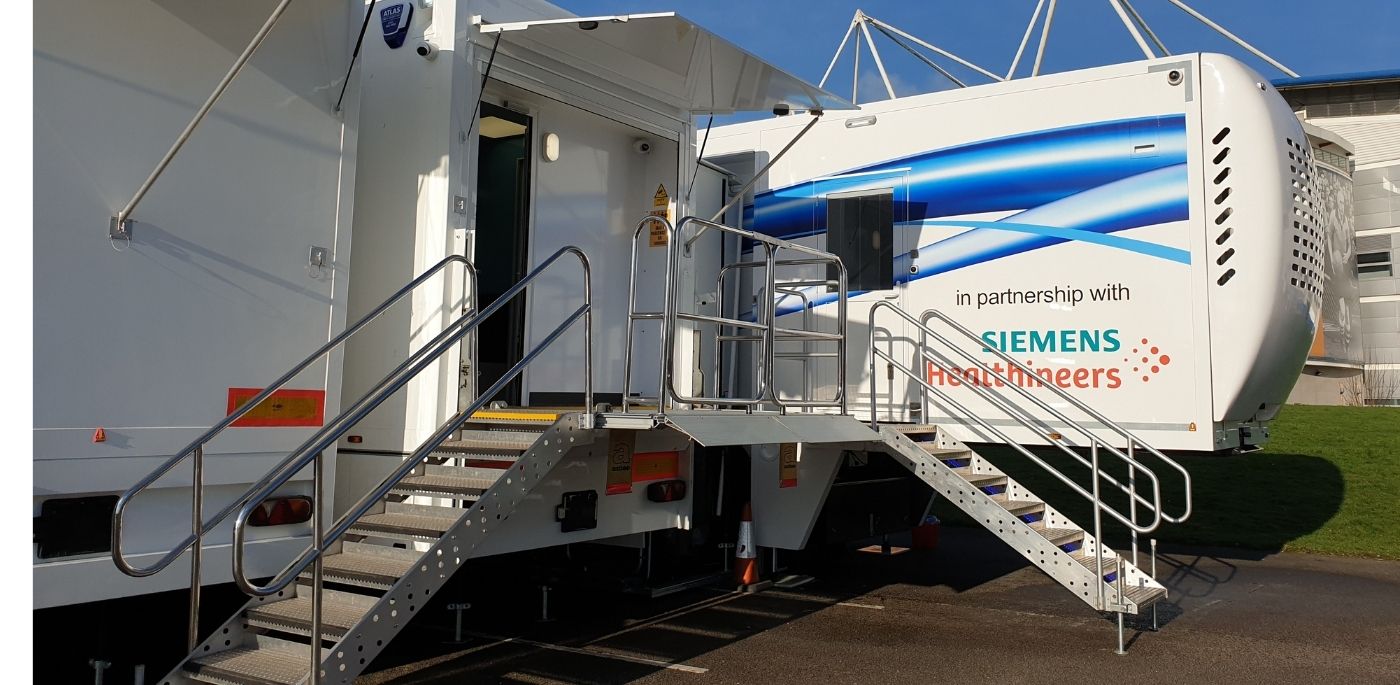
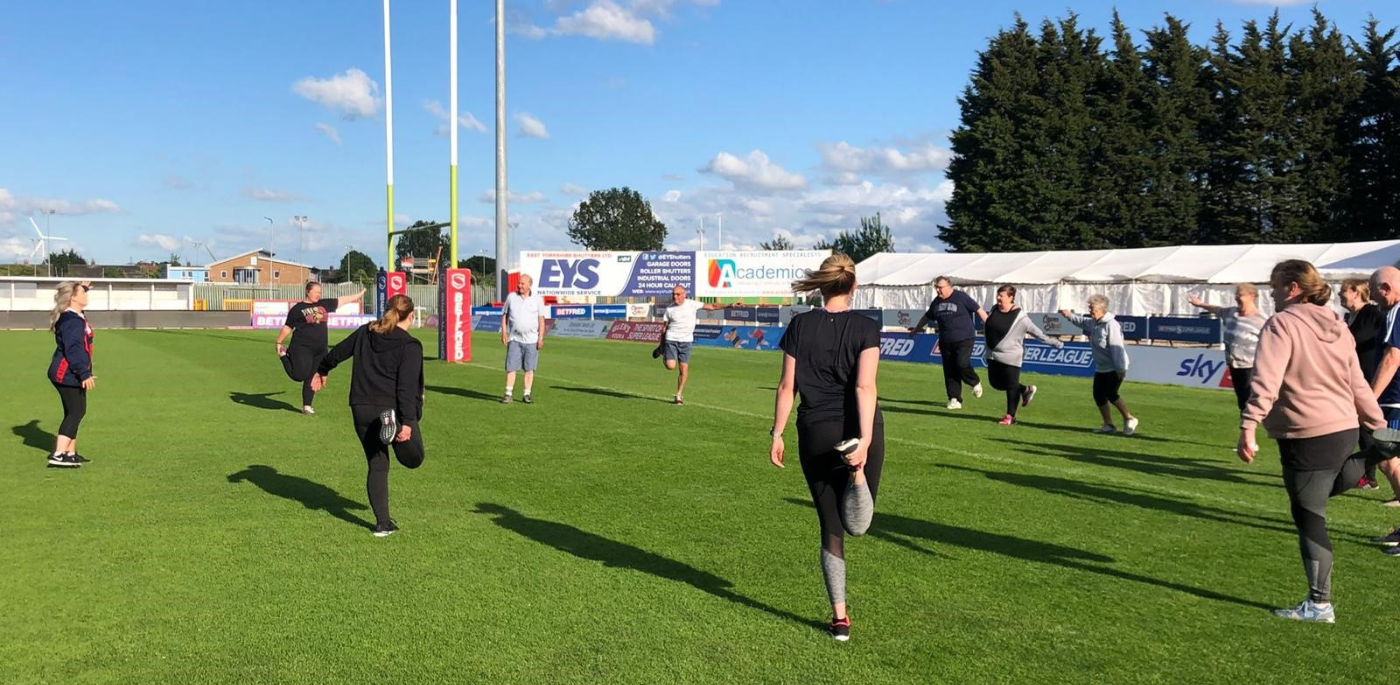
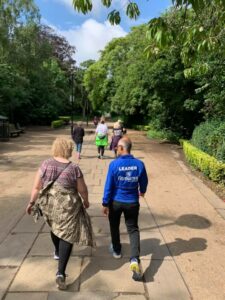
 “While it won’t necessarily cure their problem, taking part in the activities we have lined up will get people out of the house, keep them active, help them make new friends and foster a more general sense of wellbeing until such a time as we can schedule their hospital appointment.”
“While it won’t necessarily cure their problem, taking part in the activities we have lined up will get people out of the house, keep them active, help them make new friends and foster a more general sense of wellbeing until such a time as we can schedule their hospital appointment.”


